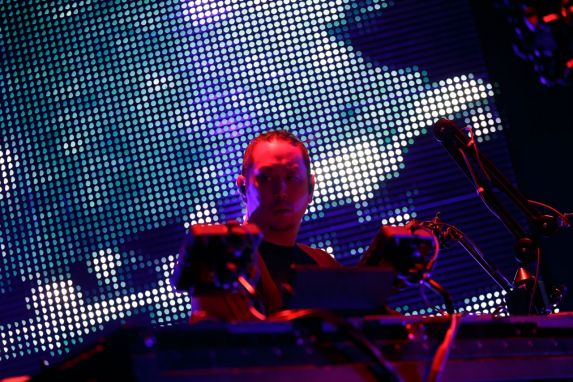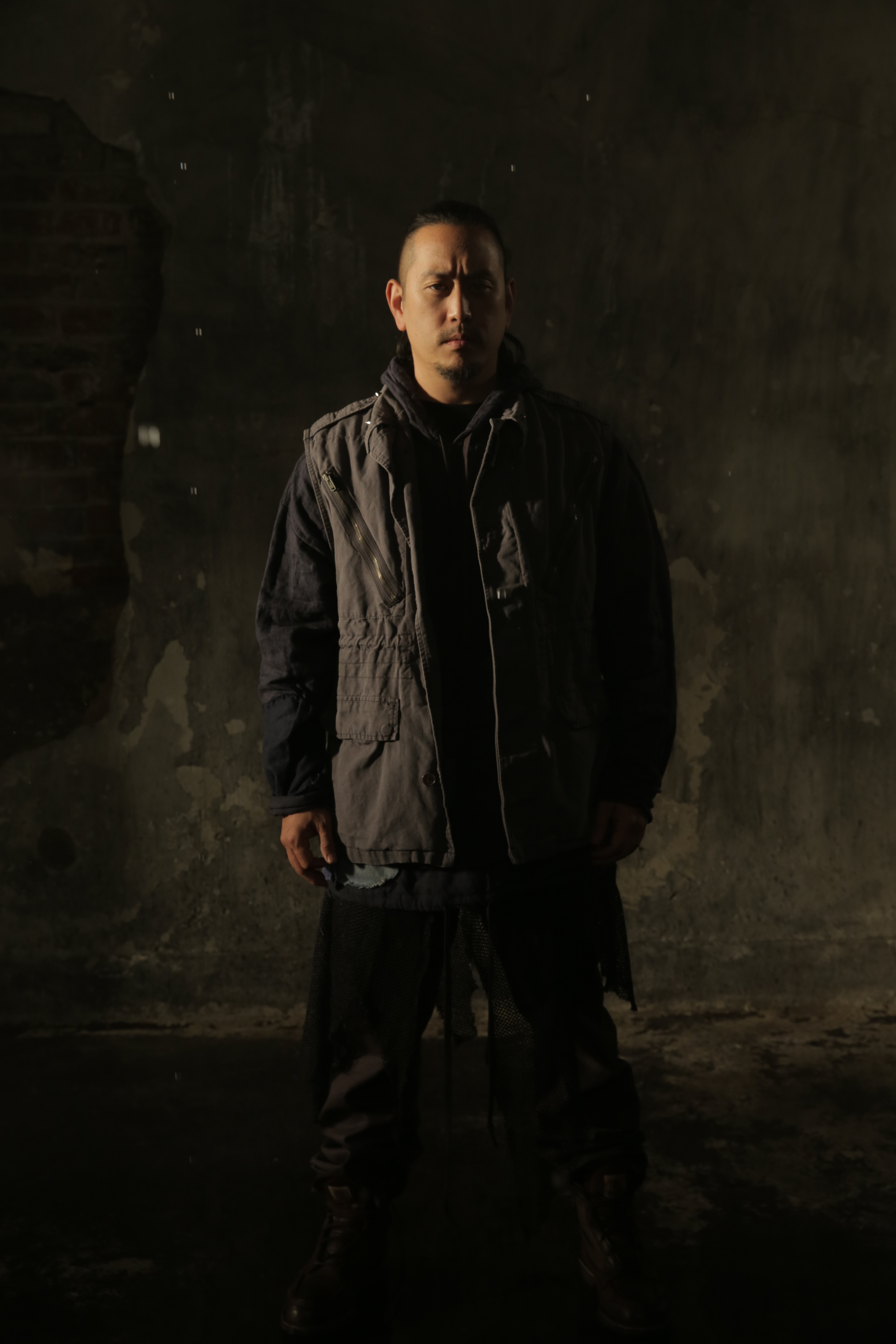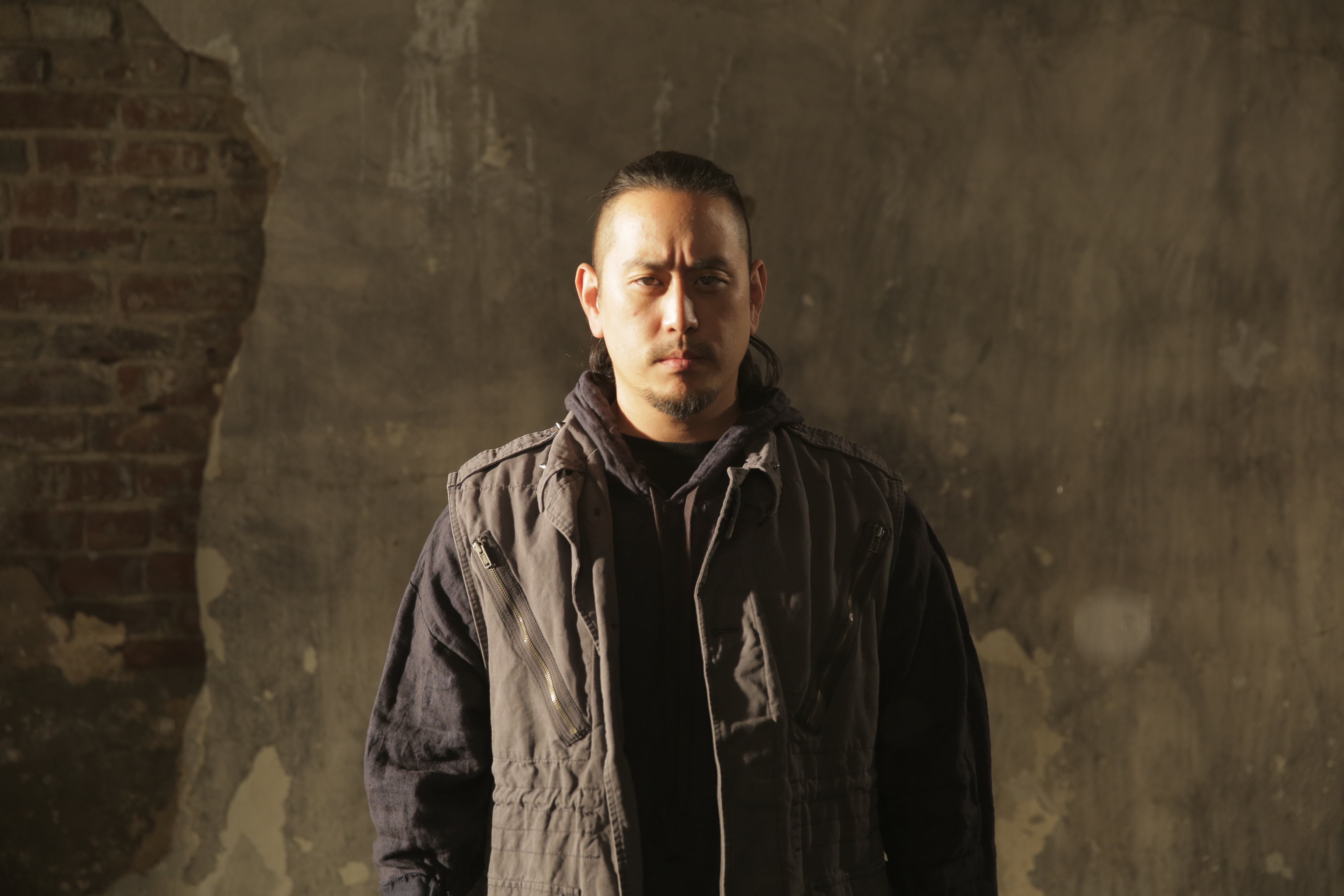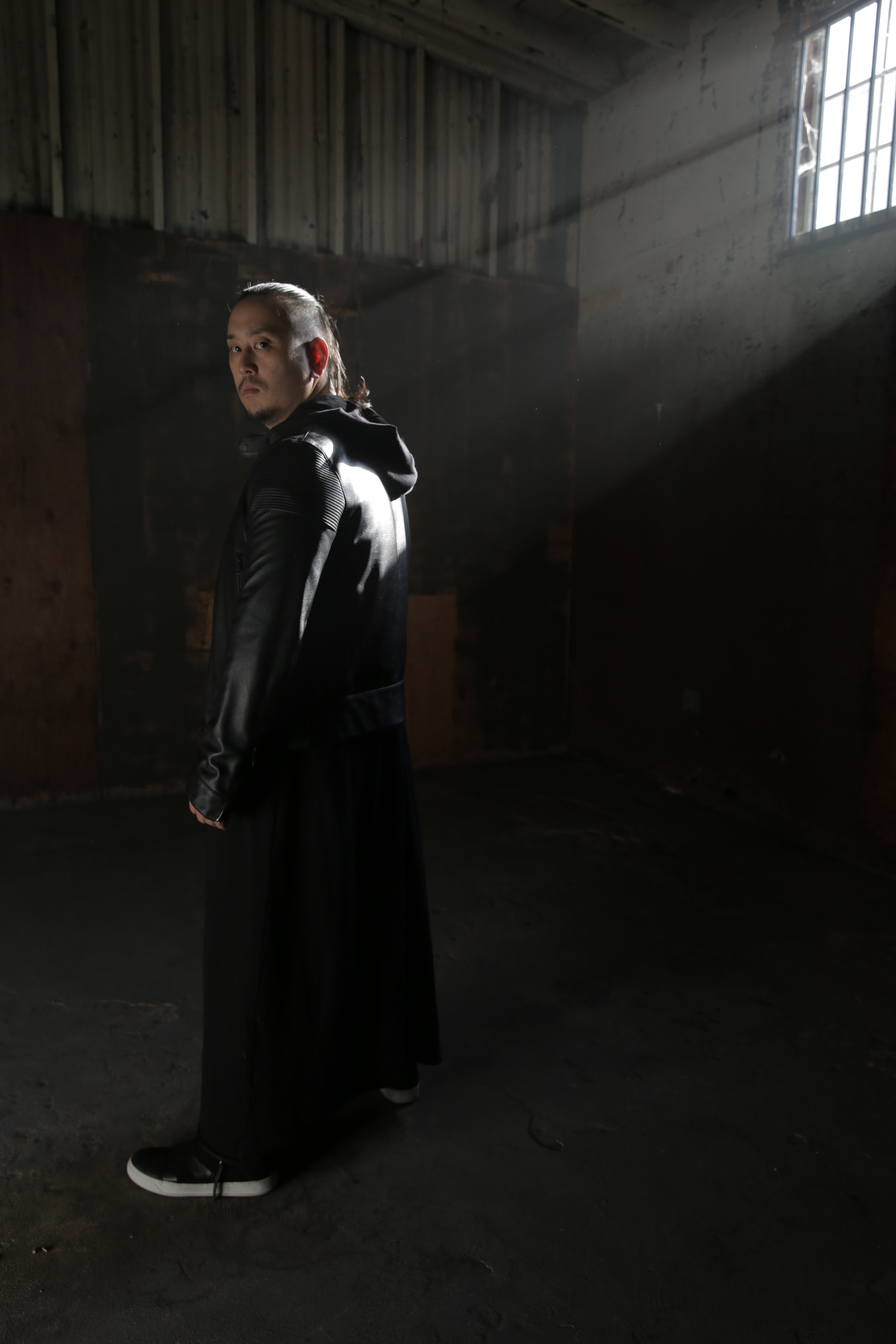From DJ to Director
Joe Hahn is not only the DJ for band Linkin Park, but also directs music videos and movies. Linkin Park, formed in 1996, rose to fame with their debut album Hybrid Theory in 2000. Since then, they have won two Grammys and came out with six studio albums with hits such as “In the End” in 2000 and “Numb” in 2003. Hahn co-directed many of Linkin Park’s hit music videos, and most recently directed 2014’s “Until It’s Gone.” Hahn also directed the 2014 full-length feature film Mall. Hahn became the first Korean-American to win a Grammy in 2002 for Best Hard Rock Performance with band Linkin Park. Seoul Journal talked with Hahn about his start in the music industry, balancing his many projects, and his connection to his Korean heritage.
SJ: Can you tell us how you got started? How did you first get into music?
HAHN : Just like most people—loving music and growing up with it. As far as playing music, I played violin in school for a few years and then I played guitar for a bit. In high school, I started getting serious about DJ-ing, so I got some turntables, records, and started trying to figure out how that whole thing works. By the time I graduated I was like really into it as a hobby. At the same time, I was pursuing art. That was my main passion - drawing. So I ended up going to the Art Center College of Design. I went there for about a year to figure things out, but then I ended up working. I started working in special effects and character design for storyboarding. So I started learning more about the pre-production process , working with directors and producers. All that was an opportunity to learn what people do and then going back to art school - when I did go there for that one year - that’s where I met Mike Shinoda. We had most of our classes together since we’re the same age. The school at that time had a whole lot of high school graduates going directly into college. I think for that year there were 13 of us, so naturally you know, we had similar interests and definitely shared a love for music, especially hip hop. A couple years after that initial meeting, Mike had this demo tape with another guy. It was three songs under the title Xero that was the original demo for the band. The band eventually became three different bands through the course of time, and eventually became Linkin Park when Chester Bennington joined. But at the beginning it was, “Hey, let’s get together and learn these three songs.”And from those three songs we all started making music together; through that process we started making beats. That was sound-driven, like with samples and that sort of thing. So that was the beginning of all that and in 1999 we got signed to Warner Bros Records for our first record.
SJ: When did you know that you were making it in your career?
HAHN: I think at the very early point, the band thing was always fun. But we took it seriously as far as accomplishing whatever goals were in front of us at the moment, and the success is due to the ethics of all six of us: how we collaborate, share common goals, and graduate from one thing to the next. So at the very beginning it was like, “Okay, let’s write enough shows so we can play 25-30 minute sets,” which meant we needed to have around six to eight songs. From that, we could play a show and actually have people come watch us play. We made that happen, and I was like, “Oh cool, the people need us. Let’s make tapes and T-shirts, and get that out to people.”So it was all these little things that started happening to us. And then eventually, the goals became bigger as we were building our fan base and people started paying attention to who we were. That’s when we started taking the idea of making a record and going on tour very seriously. And then you know, little by little those goals became bigger goals and today, we’re five records deep plus all these other, different records we’ve done. We’ve traveled all around the world playing at stadium venues and festivals, with other really cool people along the way. And we’re having a lot of fun to this day, doing it.
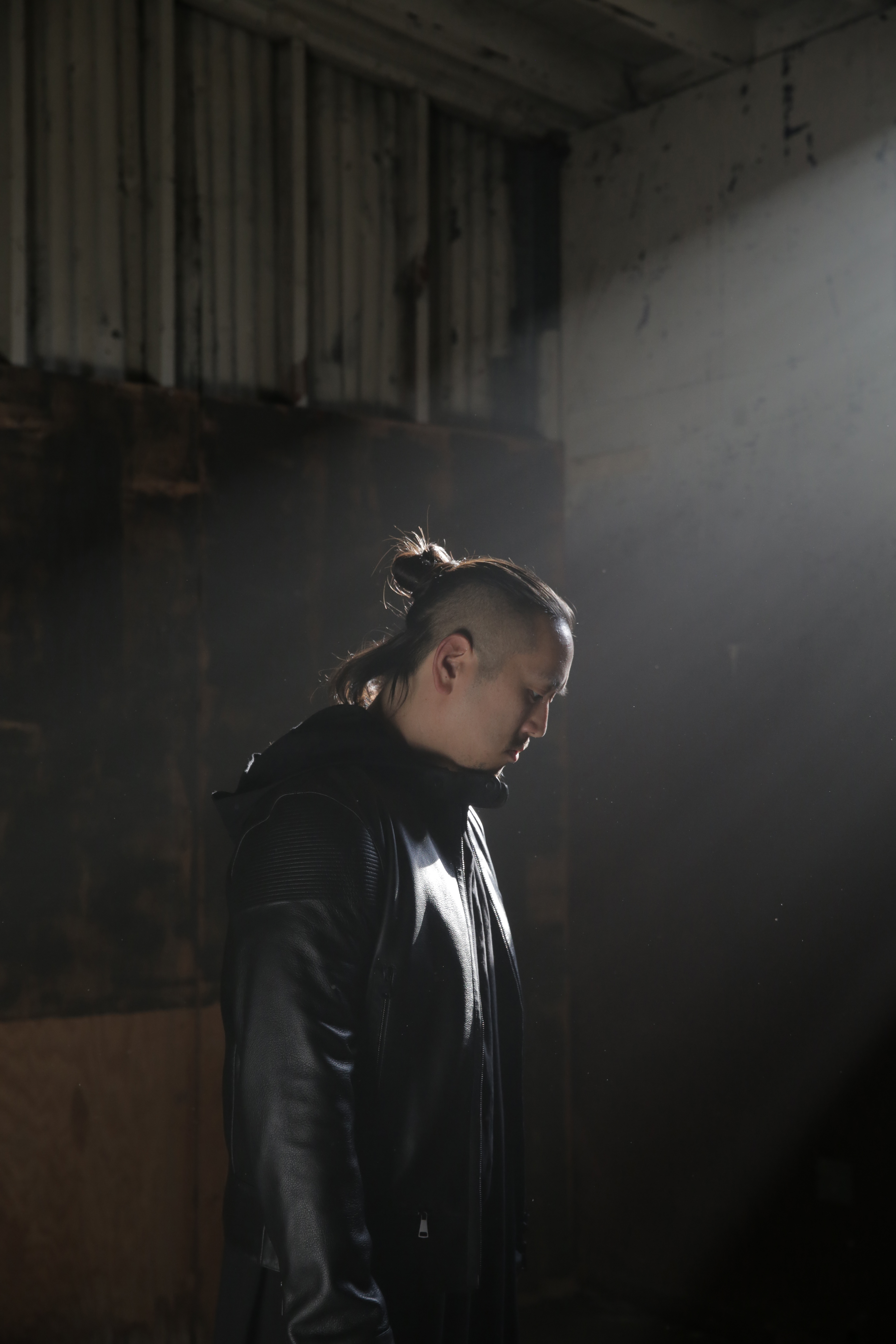
SJ: How did you get the nickname Chairman Hahn?
HAHN : Oh, that was when we were kinda messing around on the Reanimation record. Everything was about remixing and rearranging sounds. If you look at the title sequence, all the titles are spelled incorrectly. For that record, we were just goofing around.
SJ: Tell me about your role in the band, and your role in video creation and directing, etc.?
HAHN: So I think for the music and the band, I create all the weird sounds. I am probably the band member with the more experimental nature, which pushes the boundaries of what traditional rock should be—which is actually kind of the norm these days. Because everything’s done pretty digitally, and kind of anything goes as far as sounds go. Overall though, I feel like it’s all about the balance within the band. I think our success is due to the right combination of elements, so that if you took any guy out, things would change in a big way. And a lot of that’s due to the dynamic behind the scenes and how things come about—the thought process, how we choose the direction of what we’re doing, whether it be an artistic direction, visual, musical, how that’s complemented by the choices we make—a lot of those being how we present ourselves, how we choose to interact with the outside world, how we choose to interact with our fans, the things that we do beyond just playing music. There's charity stuff that we do. There’s a lot of technology and business that we’re pushing. We actually have our venture capitalist fund now, and we’re looking to find more progressive, forward-thinking people through our entrepreneurial ventures to really impact our community in different ways.
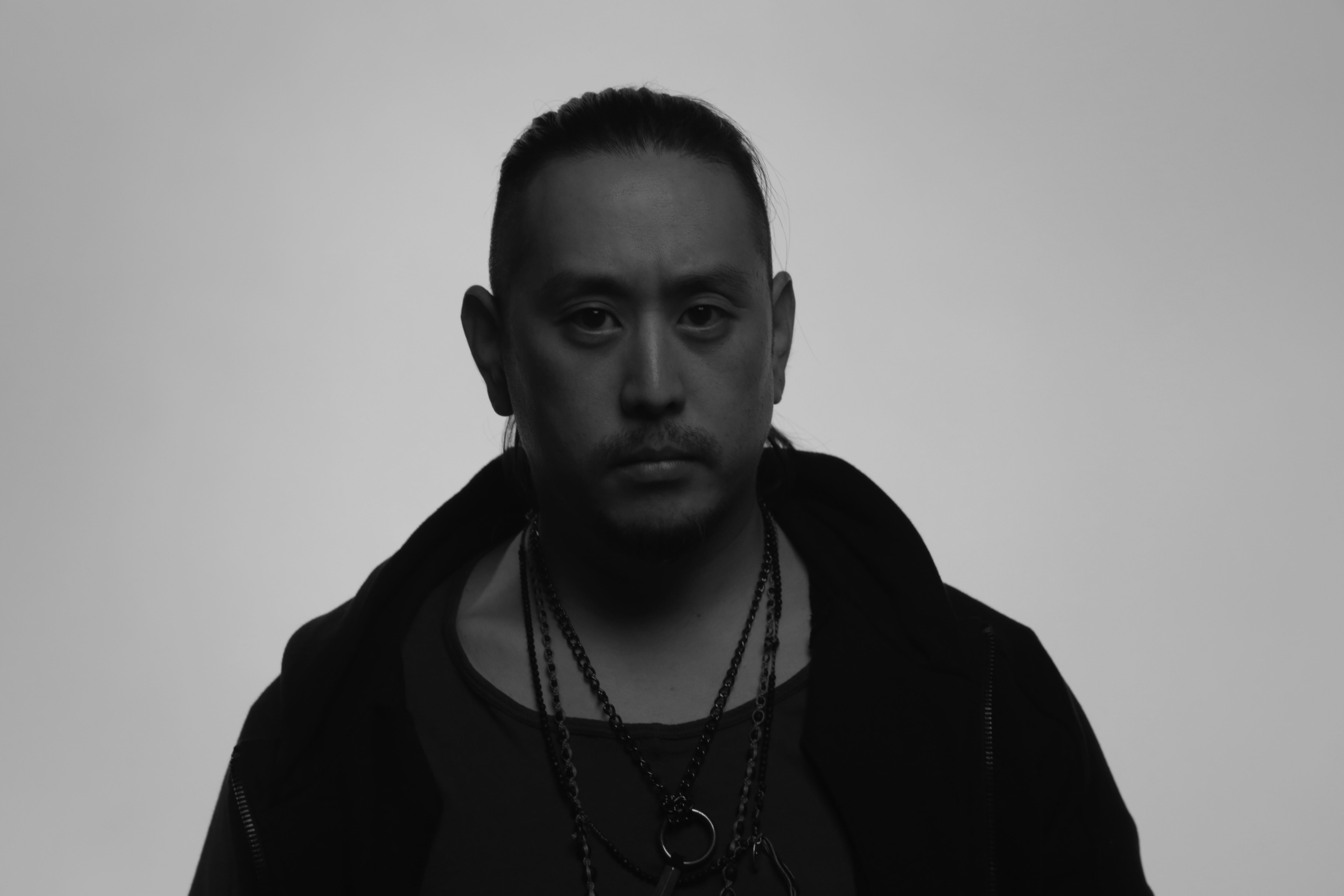
SJ: So, you’re supporting entrepreneurial ventures?
HAHN: Yeah, so we just started this year, but we invested in Blue Bottle Coffee, Lyft, Robinhood—those are probably like the bigger names but the idea is that the world’s changing at a rapid rate. People are always consuming differently. We are fans of all that stuff, so we want to be part of the changing tide—business and lifestyle and music and all these things. So it’s a great excuse to be able to interact with some of the brightest minds and to share with each other.
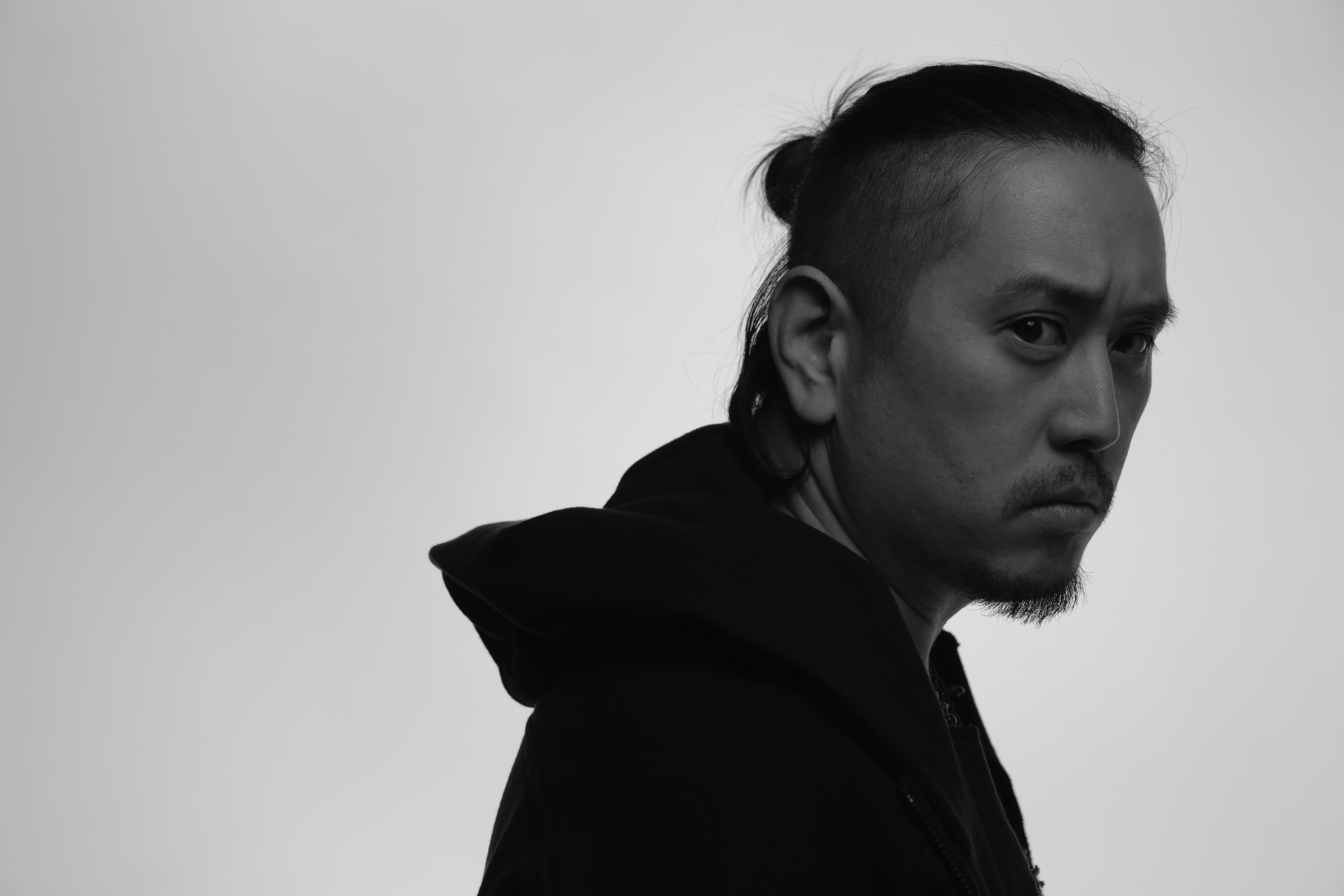
SJ: What is the name of your investment company?
HAHN: It’s called Machine Shop Ventures.
SJ: It seems going to school was a big help to you. If you didn’t go to school, you never would have been in the band, correct?
HAHN: Yeah, the way I look at life is, you just have to be open minded and willing to try things. I think it’s a young attitude to have, because as we become adults we become anchored by responsibilities, and possessions, and expectations. But if you’re willing to at least open up your perspective on those things and see where life takes you, then you'll end up somewhere. The point isn’t whether you succeed or fail, but about being able to end up in situations that you may not have been in if you didn’t walk out the front door.
SJ: Do you use what you learned in art school in your every day life?
HAHN: Maybe, maybe not. I mean, I went to school for about a year. I didn’t actually graduate, but it gave me enough of a foundation and focus to springboard off of. It was all art classes, so the improvement I was able to make at that time in my life made me realize that I can improve even more by trying and being able to apply the idea of improving in art, in everything, you know. I guess in that regard it helped.
SJ: And you’re involved in directing videos, right?
HAHN: Yeah, I have. There’s a few that I haven’t directed, and I did my first feature film last year called Mall. It was a small, independent film, based on Eric Bogosian’s first novel. He’s a playwright, novelist, actor, and he’s done notable things like Talk Radio. That was a big film for him which Oliver Stone directed. His focus is kind of how messed up Americana is through Suburbia—things that are really familiar he draws focus on, but at the same time, things are kind of messed up. It’s not the pretty picture that people always like to paint.
SJ: How do you find the time to do all this? You seem to have a pretty diverse career here.
HAHN: I guess I don’t ever have enough time to do all the things I want to do. But the excitement of doing different things and pushing projects and shifting gears to different avenues is what motivates me. Just try different things, you know? With that being said, I develop projects, but filmmaking is a very expensive thing to do. So a lot of things I strive for don’t actually come to fruition, but I enjoy the process, and I enjoy collaboration whether it be on set with a film crew, with actors, or just with writers to come up with an idea about how to present that in a cool way. There’s a lot of stuff going on, but I feel that I haven’t fully tapped into my potential. I guess that’s a part of what drives me as well.
SJ: How connected are you to your Korean roots? Do you speak Korean?
HAHN: Yeah, I’m pretty connected. There are parts of LA that are practically Korea, especially Koreatown. I was born in Texas, where I was kind of the only Asian kid in town at the time. When I moved to California, I was the only Asian kid in a Mexican neighborhood. But as I got older and moved to different areas, there were actually a lot of Koreans around especially during junior high/high school part of my life. I don’t know a lot of Korean history, being born in the states, but I guess my roots definitely come from my parents and friends and their families that I've just grown up around. There are a lot of things that are very unique about the Korean culture that you can only know specifically by being around it and hanging out with your family or other families. I think a big part of it is the food and to be convening together and the way you eat and the way you share things and the conversations you have. The way people talk to each other and all that stuff —it’s a big part of me.
SJ: Is it true that you’re the first Korean-American to win a Grammy?
HAHN: That’s what they tell me.
SJ: And was that a big deal for the Korean community?
HAHN: I don’t think it was that big of a deal.
SJ: So they haven’t invited you to Korea then? The president didn'tinvite you to come perform?
HAHN:(Laughs) No, I’m still waiting.



